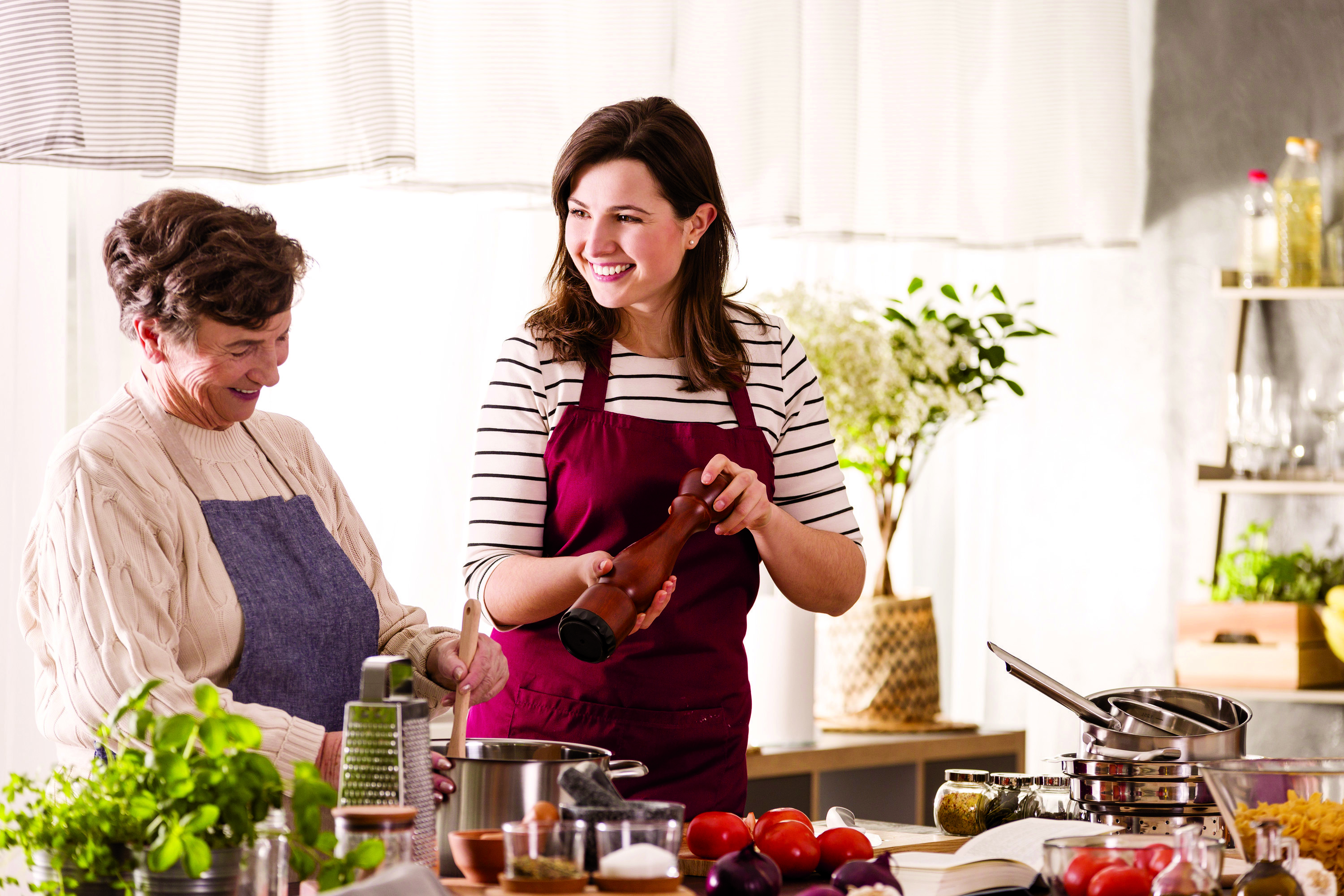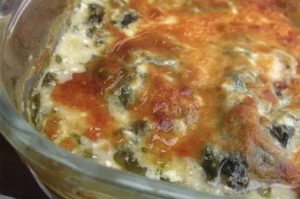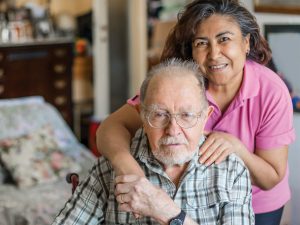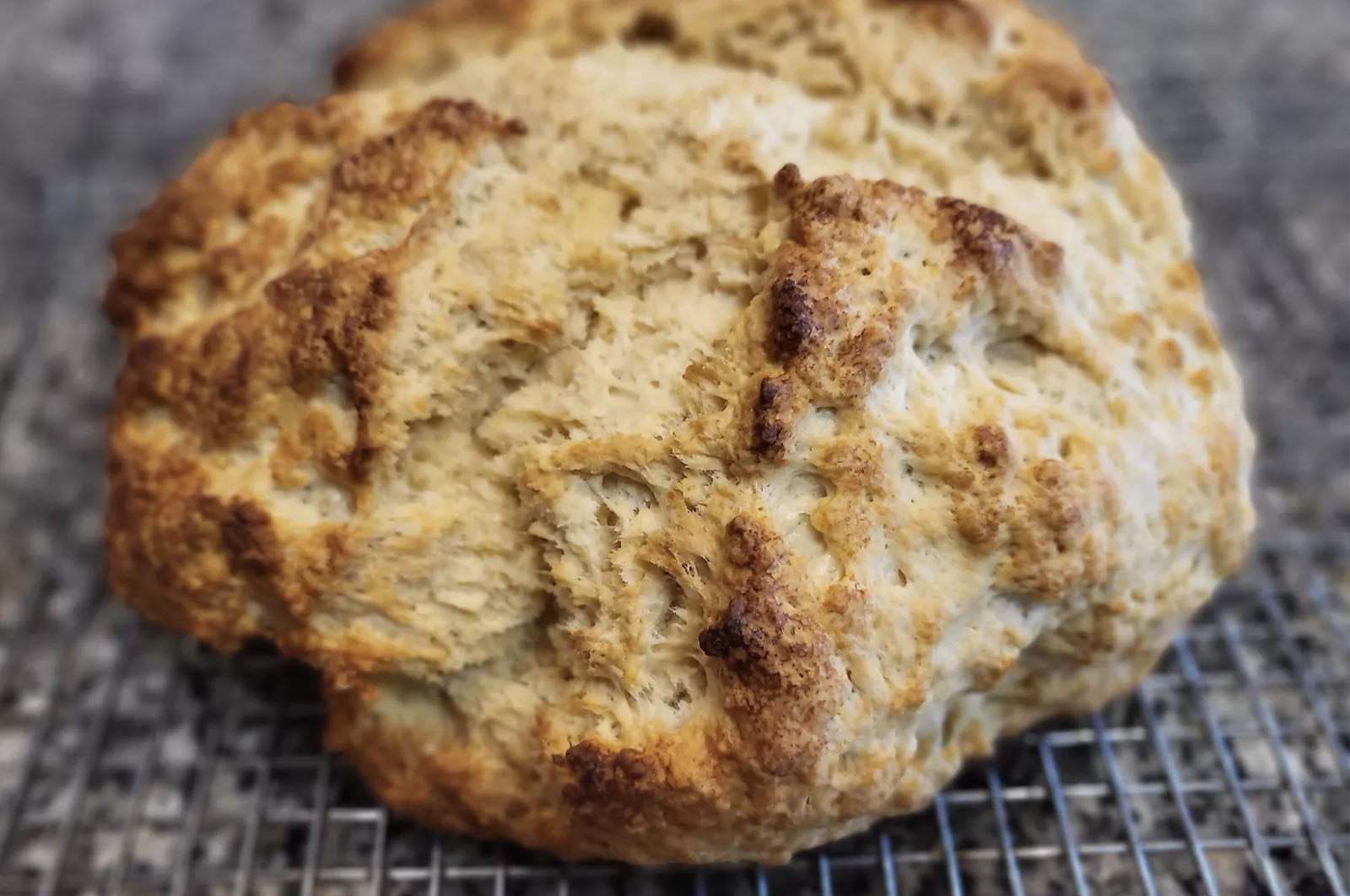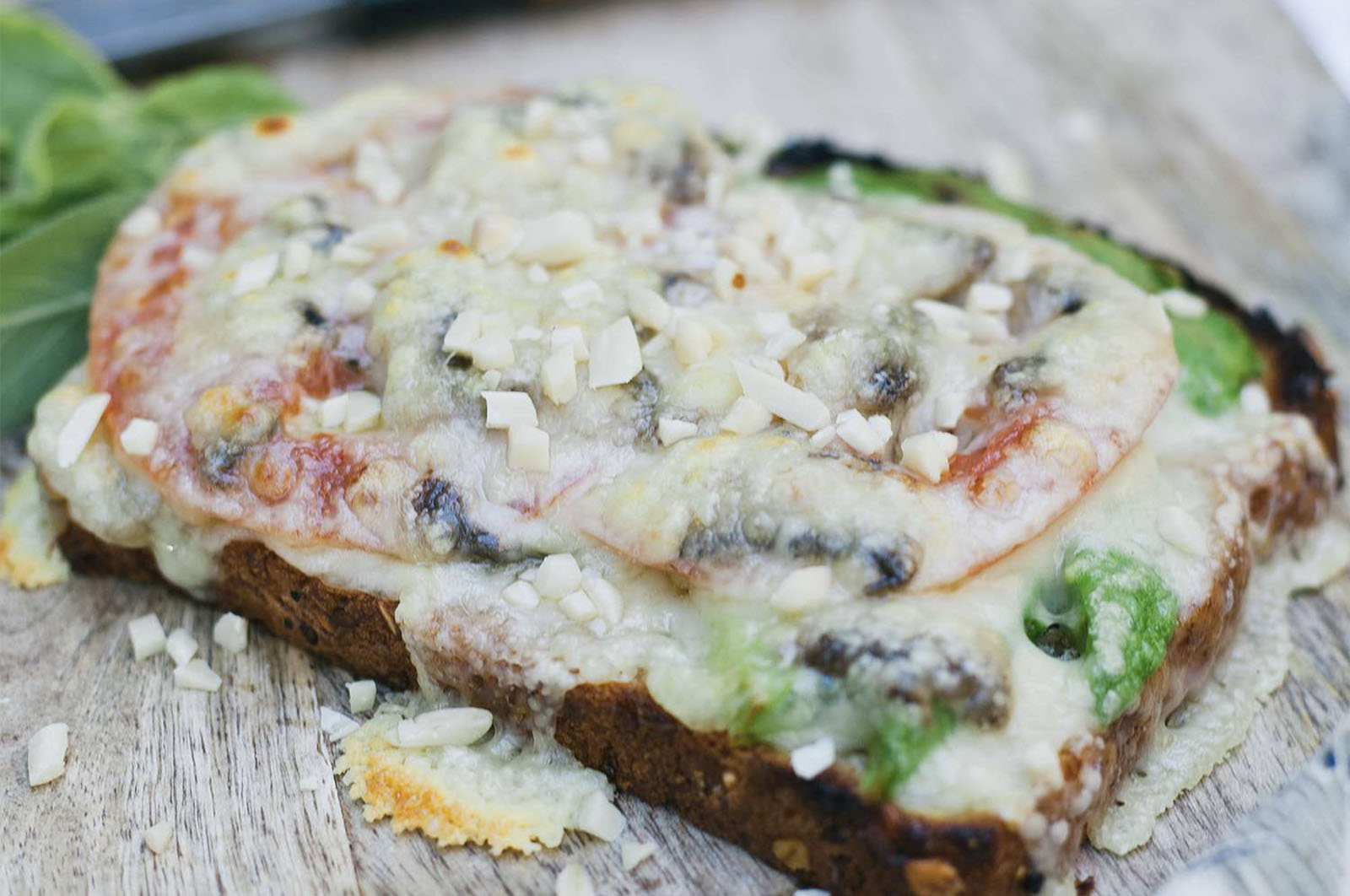Food activities can help older adults maintain their identity
Your parents and grandparents may have shared their secret family recipe with you and by sharing their cultural and culinary heritage, they have made a simple gesture that allows them to maintain their individual and social identity. This contributes to active aging, and therefore to better physical and mental health.
In all cultures, every day, people perform activities related to food. These activities have an important and positive symbolic role, because they allow family and social ties to be forged and crystallize the very identity of a person.
Among older adults, the ability—or inability—to participate in these activities affects their perception of identity. Changes due to aging can prevent them from performing these activities, restrict their participation in social situations involving food and increase the risk of malnutrition, which will reduce their well-being and increase their feeling of isolation and loss of sense.
How can older adults maintain their identity and mental well-being? Can participating in activities like cooking and eating be helpful?
What the research tells us
A systematic review of 22 studies examined the relationship between eating habits of older adults and maintaining their identity. The studies have been conducted in a wide range of cultural contexts, with majority or minority groups, in the United Kingdom, the United States, Canada, New Zealand, Thailand, Spain and Chile.
The analysis revealed that various identities were maintained by preparing traditional meals, eating traditional foods and shopping for groceries, as these activities are social in nature and help to share joyful moments with others. Since women are traditionally responsible for preparing meals in many cultures, researchers have found that continuing to prepare traditional meals (depending on the country of origin or celebrations), selecting the right foods, or skillfully combining seasonings so that the meal was tasty and appreciated by others, had a positive effect on the preservation of ethnic and gender identities despite aging. The self-esteem of older adults who perpetuated culinary traditions was maintained, thereby contributing to their well-being.
Also, it seems that grocery shopping offers an opportunity for identity building, thanks to the creation of a social support network characterized by friendships developed with shop employees and other customers.
Changes in health status, loss of independence, widowhood or social isolation, however, pose threats to the well-being of older adults. These changes can lead to lower self-esteem and social invisibility. Indeed, no longer having the autonomy required to prepare meals themselves or to fulfill obligations related to their gender, some seniors are experiencing a real identity crisis and are sometimes excluded from certain social events. For example, a newly bereaved man who must learn to cook or an elderly woman who must delegate the preparation of meals to her husband, because she is no longer able to take care of them, could feel deprived of their identity.
What can we do?
Maintaining identity and autonomy as we age, across all genders, is complex. Invite older adults to share their recipes, as well
as their culinary skills and knowledge. Involve them in planning and preparing meals. Food activities are far from trivial. They are a source of happiness and identity for all of us.
The bottom line
- Food not only nourishes the body, it helps maintain or rebuild social identity.
- Food activities improve self-esteem and promote a more positive experience.
- Deteriorating health can lead to social isolation.
From the McMaster Optimal Aging Portal. Visit their website (www.mcmasteroptimalaging.org) for the latest evidence-based information to support healthy aging.

